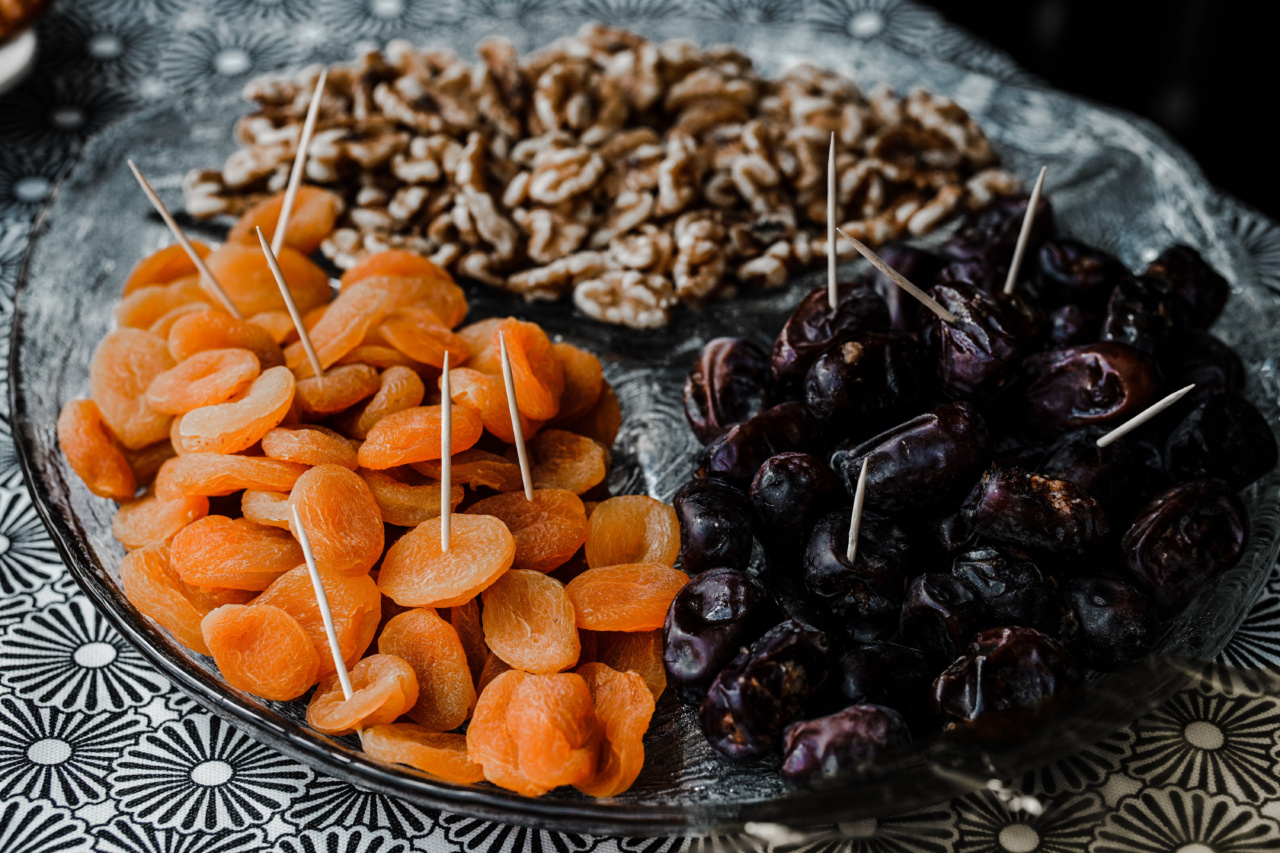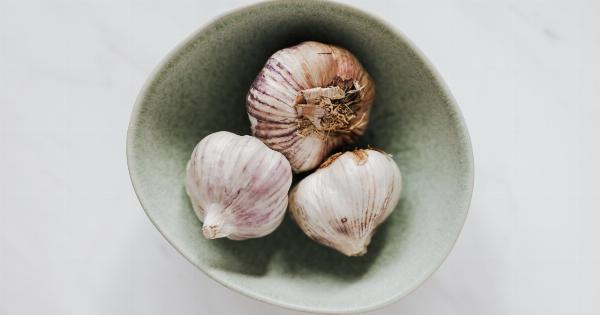Mediterranean fruits have long been celebrated for their delicious taste and vibrant colors. However, these fruits are not only a treat for the palate but also offer a wealth of health benefits.
In recent years, scientific research has shown that many Mediterranean fruits possess potent anti-inflammatory and anti-cancer properties, making them a valuable addition to a healthy diet.
1. Pomegranates: A Powerful Antioxidant
Pomegranates are known for their bright red color and sweet, tangy flavor. These fruits are packed with antioxidants, particularly punicalagin, which has been found to exhibit anti-inflammatory and anti-cancer effects.
Studies have shown that pomegranate extract can inhibit the growth of certain types of cancer cells and reduce inflammation in the body.
2. Grapes: A Natural Source of Resveratrol
Grapes, both red and white varieties, are rich in antioxidants and contain a compound called resveratrol. This natural compound has gained attention for its potential to prevent cancer and reduce inflammation.
Resveratrol has been shown to inhibit the growth of cancer cells and decrease inflammation in various studies.
3. Olives: A Healthy Fat Source
Olives and olive oil are staples in the Mediterranean diet and are well-known for their heart-healthy properties.
Olives contain anti-inflammatory compounds, such as oleocanthal, which has been shown to have similar effects to non-steroidal anti-inflammatory drugs (NSAIDs). Additionally, the monounsaturated fats found in olives and olive oil have been associated with a reduced risk of certain types of cancer.
4. Citrus Fruits: Vitamin C and Beyond
Citrus fruits like oranges, lemons, and grapefruits are packed with vitamin C, a powerful antioxidant that helps protect cells from damage.
In addition to their high vitamin C content, citrus fruits also contain other compounds that possess anti-inflammatory and anti-cancer properties. These fruits have been found to inhibit the growth of cancer cells and reduce inflammation in various studies.
5. Berries: Rich in Antioxidants
Various berries that thrive in the Mediterranean region, such as strawberries, blueberries, and raspberries, are rich in antioxidants.
These fruits contain high levels of anthocyanins and other bioactive compounds that have been linked to anti-inflammatory and anti-cancer effects. Regular consumption of berries has been associated with a reduced risk of chronic inflammation and certain types of cancer.
6. Figs: A Nutrient-Dense Delight
Figs are a popular Mediterranean fruit with a uniquely sweet and chewy texture. These fruits are packed with essential vitamins, minerals, and fiber.
Figs also contain antioxidants and anti-inflammatory compounds, including quercetin, which has been shown to inhibit the growth of cancer cells and reduce inflammation in the body.
7. Tomatoes: A Rich Source of Lycopene
Tomatoes, a versatile fruit used in various culinary dishes, are rich in lycopene, a powerful antioxidant. Lycopene has been extensively studied for its potential anti-cancer properties.
Research suggests that regular consumption of tomatoes and tomato products may reduce the risk of certain types of cancer, particularly prostate cancer.
8. Apricots: Nutrient-Rich and Anti-Inflammatory
Apricots are known for their juicy flesh and distinct sweet flavor. These fruits are packed with essential vitamins and minerals, including vitamin A and potassium.
Apricots also contain compounds with anti-inflammatory properties, such as quercetin and catechins, which have been shown to reduce inflammation and inhibit the growth of cancer cells in studies.
9. Melons: Hydrating and Antioxidant-Rich
Melons, including watermelon and cantaloupe, are not only refreshing but also rich in antioxidants. These fruits are known for their high water content, making them excellent choices for hydration.
Melons also contain compounds like lycopene and vitamin C, which possess anti-inflammatory and anti-cancer properties.
10. Dates: Natural Sweetness with Health Benefits
Dates are a natural source of sweetness and are often enjoyed as a snack or used in various dessert recipes. These fruits are packed with fiber, essential minerals, and antioxidants.
Dates also contain anti-inflammatory compounds, such as quercetin and ferulic acid, which have been shown to reduce inflammation and inhibit the growth of cancer cells.




























